A Vedic Life: The Practical Philosophy of Nature
₹225.00
In stock
A Vedic Life: The Practical Philosophy of Nature
In Sanskrit, the word veda refers to knowledge, and the ancient tradition known as the Vedic tradition is linked with India and focuses primarily on knowledge. It is not about any one kind of information, but rather about knowledge in general as a tool for comprehending and experiencing reality. As a result, it is a tradition that does not restrict itself to one one system. Instead, it takes a perspective that is open and inclusive, and it believes that a reasonable approach is very necessary. However, it does not restrict itself to logic alone; rather, it also examines an approach that is focused on inner perception, since this is a vital aspect of both our knowledge and our experience of reality. The book titled "A Vedic Life" is a presentation that outlines some of the most significant aspects of the Vedic method of approaching information. It does this not for any specific religious or sectarian motive, but rather for the sake of knowledge, as indicated above, and as a result, it is anticipated that it will be able to contribute something to a range of opinions. Although the Vedas (books of wisdom) are intimately connected with the Vedic approach to knowledge because they exemplify its open and inclusive approach to information, the Vedic approach to knowledge is not limited to any one individual or book, as was previously noted. This aspect of the Vedic writings is expressed in a phrase from the Rig Veda, one of the core Vedic books, which states that "reality is one, but the knowledgeable call it by numerous names."
The Vedic tradition is not the only one that has an open attitude toward knowledge; nonetheless, it is perhaps the most in-depth and oldest system of its kind. It is also the best maintained, despite the fact that a significant amount of its knowledge has been lost in modern times. Despite the fact that many of its pioneering philosophers had a completely different perspective, the system of contemporary science obviously clearly strives to the same ends; nevertheless, it does not truly recognise any other kind of thought than that which is founded on reason and sensory evidence. This book will examine the benefits and drawbacks of the methodology that is being used by contemporary science, particularly in light of the Vedic methodology for doing scientific research.
Because Sanskrit being the primary language used throughout the Vedic period, the book makes extensive use of Sanskrit words and phrases throughout its content. Once again, this is not due to any kind of ceremonial purpose; rather, it is due to the fact that the Sanskrit language used in the Vedas has a very well developed vocabulary in relation to psychology and philosophy. In addition, an effort will be made to show that Sanskrit is a natural language for the purpose of acquiring information, and this effort will be documented.
Too Good to Resist Sale is Live BUY AND SAVE NOW
A Vedic Life: The Practical Philosophy of Nature
In Sanskrit, the word veda refers to knowledge, and the ancient tradition known as the Vedic tradition is linked with India and focuses primarily on knowledge. It is not about any one kind of information, but rather about knowledge in general as a tool for comprehending and experiencing reality. As a result, it is a tradition that does not restrict itself to one one system. Instead, it takes a perspective that is open and inclusive, and it believes that a reasonable approach is very necessary. However, it does not restrict itself to logic alone; rather, it also examines an approach that is focused on inner perception, since this is a vital aspect of both our knowledge and our experience of reality. The book titled “A Vedic Life” is a presentation that outlines some of the most significant aspects of the Vedic method of approaching information. It does this not for any specific religious or sectarian motive, but rather for the sake of knowledge, as indicated above, and as a result, it is anticipated that it will be able to contribute something to a range of opinions. Although the Vedas (books of wisdom) are intimately connected with the Vedic approach to knowledge because they exemplify its open and inclusive approach to information, the Vedic approach to knowledge is not limited to any one individual or book, as was previously noted. This aspect of the Vedic writings is expressed in a phrase from the Rig Veda, one of the core Vedic books, which states that “reality is one, but the knowledgeable call it by numerous names.”
The Vedic tradition is not the only one that has an open attitude toward knowledge; nonetheless, it is perhaps the most in-depth and oldest system of its kind. It is also the best maintained, despite the fact that a significant amount of its knowledge has been lost in modern times. Despite the fact that many of its pioneering philosophers had a completely different perspective, the system of contemporary science obviously clearly strives to the same ends; nevertheless, it does not truly recognise any other kind of thought than that which is founded on reason and sensory evidence. This book will examine the benefits and drawbacks of the methodology that is being used by contemporary science, particularly in light of the Vedic methodology for doing scientific research.
Because Sanskrit being the primary language used throughout the Vedic period, the book makes extensive use of Sanskrit words and phrases throughout its content. Once again, this is not due to any kind of ceremonial purpose; rather, it is due to the fact that the Sanskrit language used in the Vedas has a very well developed vocabulary in relation to psychology and philosophy. In addition, an effort will be made to show that Sanskrit is a natural language for the purpose of acquiring information, and this effort will be documented.
About the Author(s)
Pavan Kanwar runs the Association of Vedic Sciences in Prague, Czech Republic, which offers a range of services including Ayurveda and Vedic Astrology. He was born in New Delhi, India, and has been examining the principles of Vedic philosophy and science since his early years. He also holds a degree in Mathematics and an MBA.
Additional information
| Weight | 0.5 kg |
|---|---|
| Dimensions | 10 × 11 × 12 cm |
| Book Author | Pavan Kanwar, David Frawley |
You must be logged in to post a review.


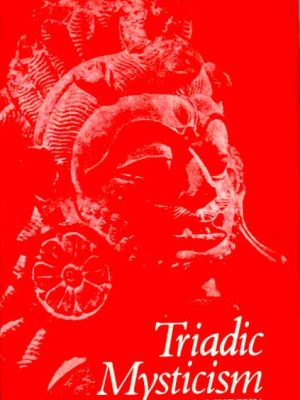

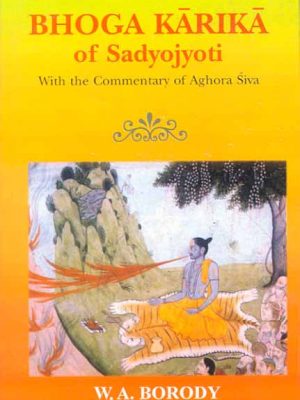
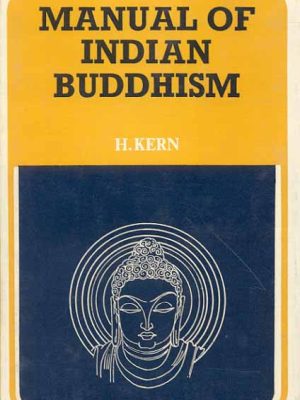
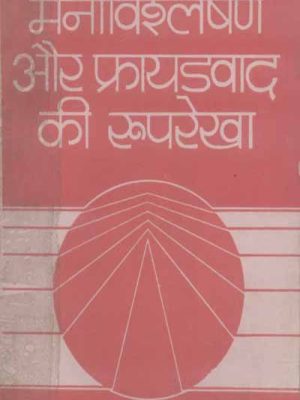



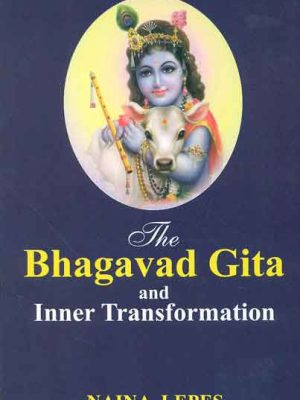
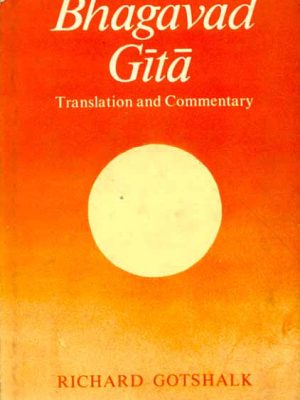
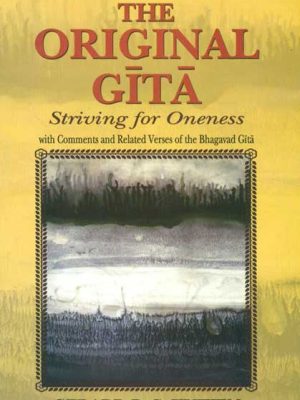
Reviews
There are no reviews yet.